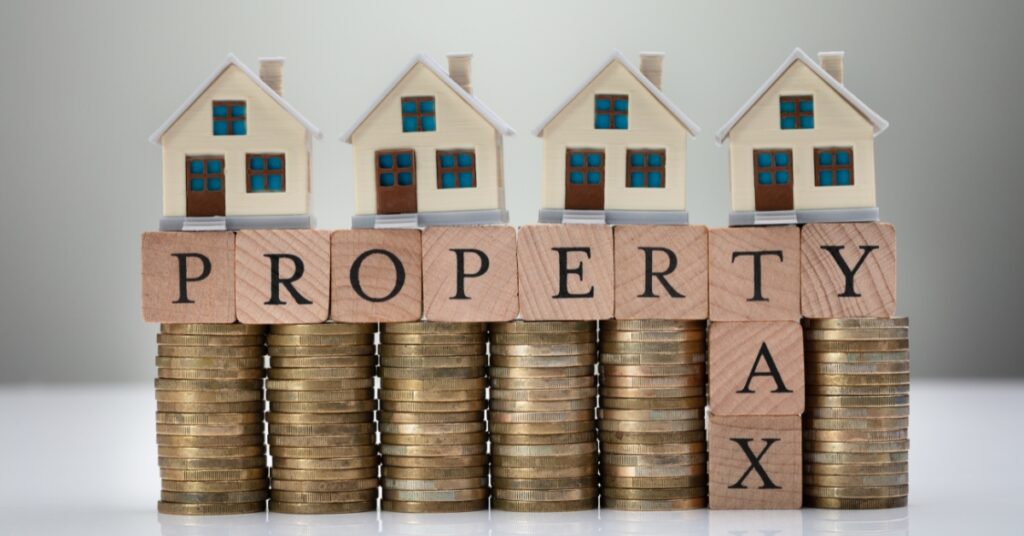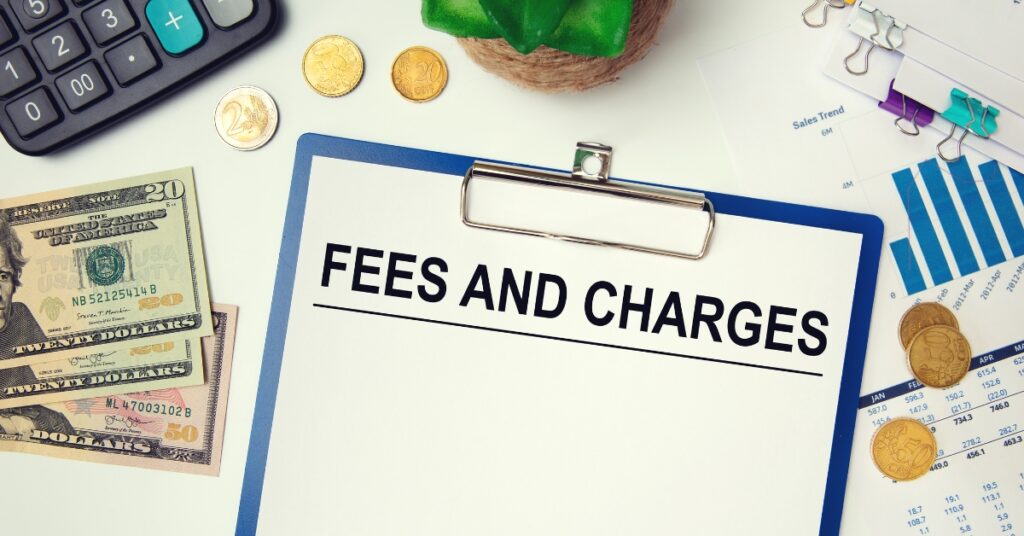When buying a home, there are several closing costs that both buyers and sellers need to pay in addition to the purchase price of the property. Closing costs include fees related to loan origination, appraisal, title searches, insurance, taxes, deed recording, surveys, and credit reports. Here are some details about each of the costs:
1. Loan origination fees: Origination fees are a standard practice in the lending industry, and they are charged by most lenders. Loan origination fees are upfront charges that borrowers pay to lenders at the time of loan disbursal. These fees cover the administrative and processing costs incurred by lenders during the loan approval process. Loan origination fees may vary depending on the type and amount of loan, the lender’s policies, and the borrower’s creditworthiness. Typically, the fees range from 0.5% to 1% of the loan amount.
2. Appraisal fees: One of the specific fees included in the closing costs is appraisal fees. Lenders require a home appraisal as part of the mortgage process to ensure that the property’s value is sufficient to secure the loan. The appraisal fee covers the cost of hiring a professional appraiser to evaluate the property’s worth. This fee typically ranges from $300 to $500.
3. Title search and insurance fees: The title search involves extensive searches of public records such as liens, judgments, and other encumbrances that may affect the property’s title. These fees protect the buyer from any outstanding liens or claims on the property. Based on information from the title search process, the mortgage loan lender will require title insurance to protect their interest in the property. The estimated range for title insurance costs for a property can range from 0.5% to 1% of the purchase price.
4. Taxes: During the closing process, both the buyer and seller pay property taxes that are due at closing. Generally, the seller pays a prorated amount for the time they have owned the property during the current tax year. The buyer will then be responsible for paying their share of the property taxes once they become due. Property taxes are prorated between the buyer and seller based on the closing date.
5. Deed recording fees: Deed recording fees are a necessary expense when buying or selling real estate. Recording fees are charged by the county recorder’s office for the processing of land transfer documents. This fee can cost around $100 however, the exact amount may vary depending on the state and county where the property is located.
6. Survey fees: Survey fees are charged based on the work scope, anticipated difficulty, and estimated time needed to complete the project. The cost of a survey is essential in confirming that the property shown by the real estate agent and described in the contract is, in fact, the property that was conveyed. Additionally, a survey helps identify any irregularities that may result in legal disputes in the future and may enhance the title insurance policy.
7. Credit report fees: Lenders charge this fee to run a credit check on the buyer and can cost around $30.
It is important to note that closing costs can vary depending on the property value and location, and buyers typically pay 3-6% of the purchase price on closing costs. Sellers can negotiate with buyers to help cover the closing costs, and the lender must provide a closing disclosure statement outlining all closing fees



